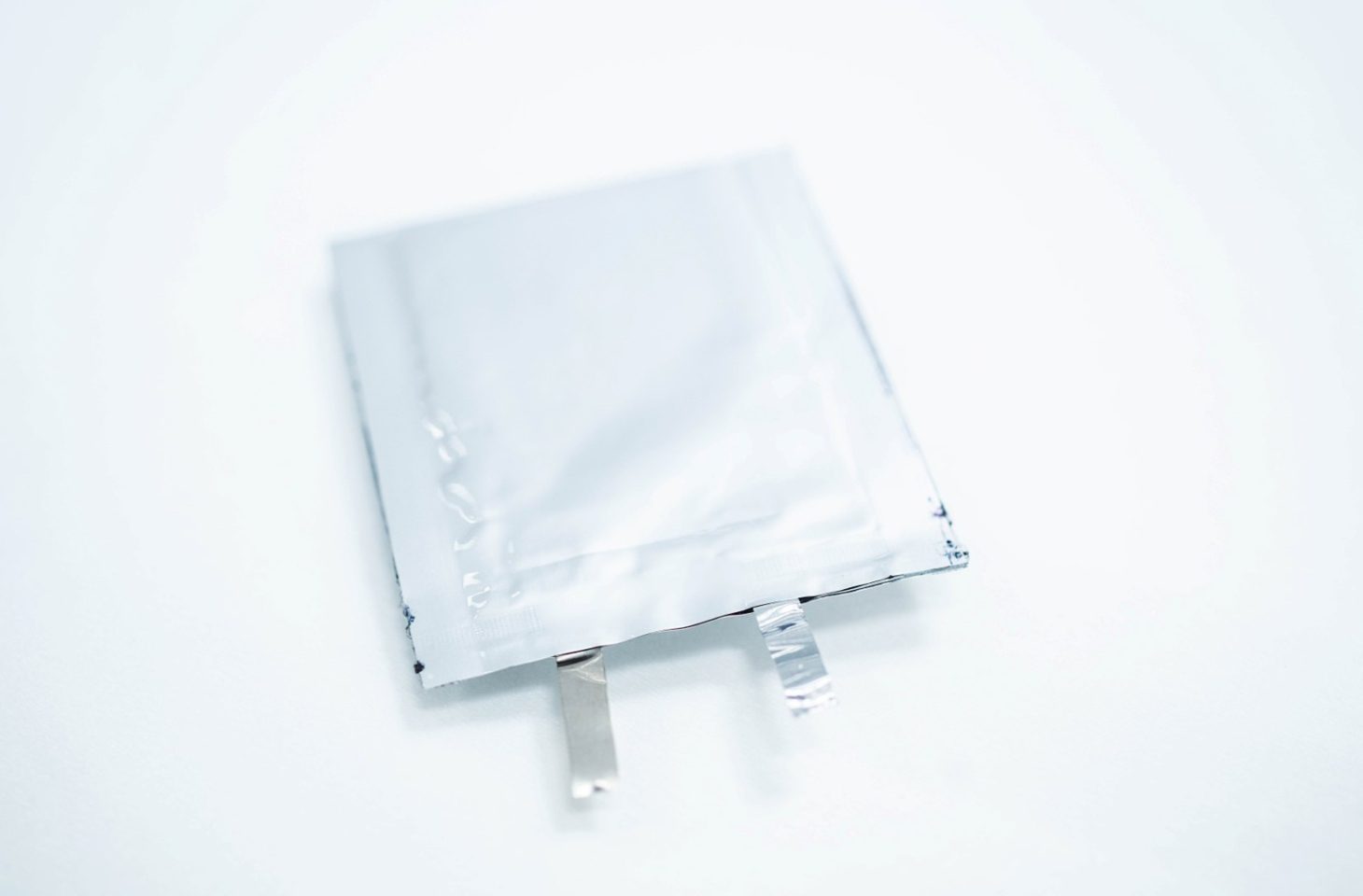Together with thirteen partners, Imec is developing a solid-state battery that achieves an energy density of 1070 Wh/L.
Leuven-based Imec, coordinator of the H2020 SOLiDIFY consortium, announces the development of a high-quality lithium metal solid-state battery together with thirteen European partners. The battery has an energy density of 1070 Wh/L, compared to 800 Wh/L for state-of-the-art lithium-ion batteries. The manufacturing process, which is both cost-effective and adaptable to existing lithium-ion battery production lines, potentially offers opportunities for commercially viable solid-state lithium batteries for electromobility. Imec must first validate the production technology and work on the possibility of mass production before it actually comes to life.
Energy density 1070 Wh/L
Imec, together with its thirteen European partners, has created a prototype of a high-performance lithium metal solid electrolyte battery as part of the SOLiDIFY project. These solid-state batteries use a solid electrolyte material through which ions flow to charge and discharge, instead of the liquid electrolyte used in conventional lithium-ion batteries.
This offers potential benefits including higher energy density and reduced fire susceptibility. The battery achieved an energy density of 1070 Wh/L, compared to the maximum of 800 Wh/L for lithium-ion technologies.
Sustainable e-mobility
The increasing demand for electric vehicles (EVs) requires powerful batteries that allow for longer ranges and shorter charging times. In addition, price also plays an important role. Currently, almost half of the price of an electric vehicle is made up of the battery.
One of the major breakthroughs is the developed production process, which can be carried out at room temperature and can be adapted to existing lithium-ion battery production lines. This makes mass production economically feasible, with an expected cost of less than 150 euros per kWh, compared to 125 euros for a conventional lithium-ion battery. Although this difference may seem quite large, it is nowhere near previous estimates of between $400 and $800. The materials therefore play an important role in determining both performance and affordability.
This breakthrough in the SOLiDIFY project does not immediately mean that Imec can produce the battery on a large scale. Imec will first focus on validating the production technology.
